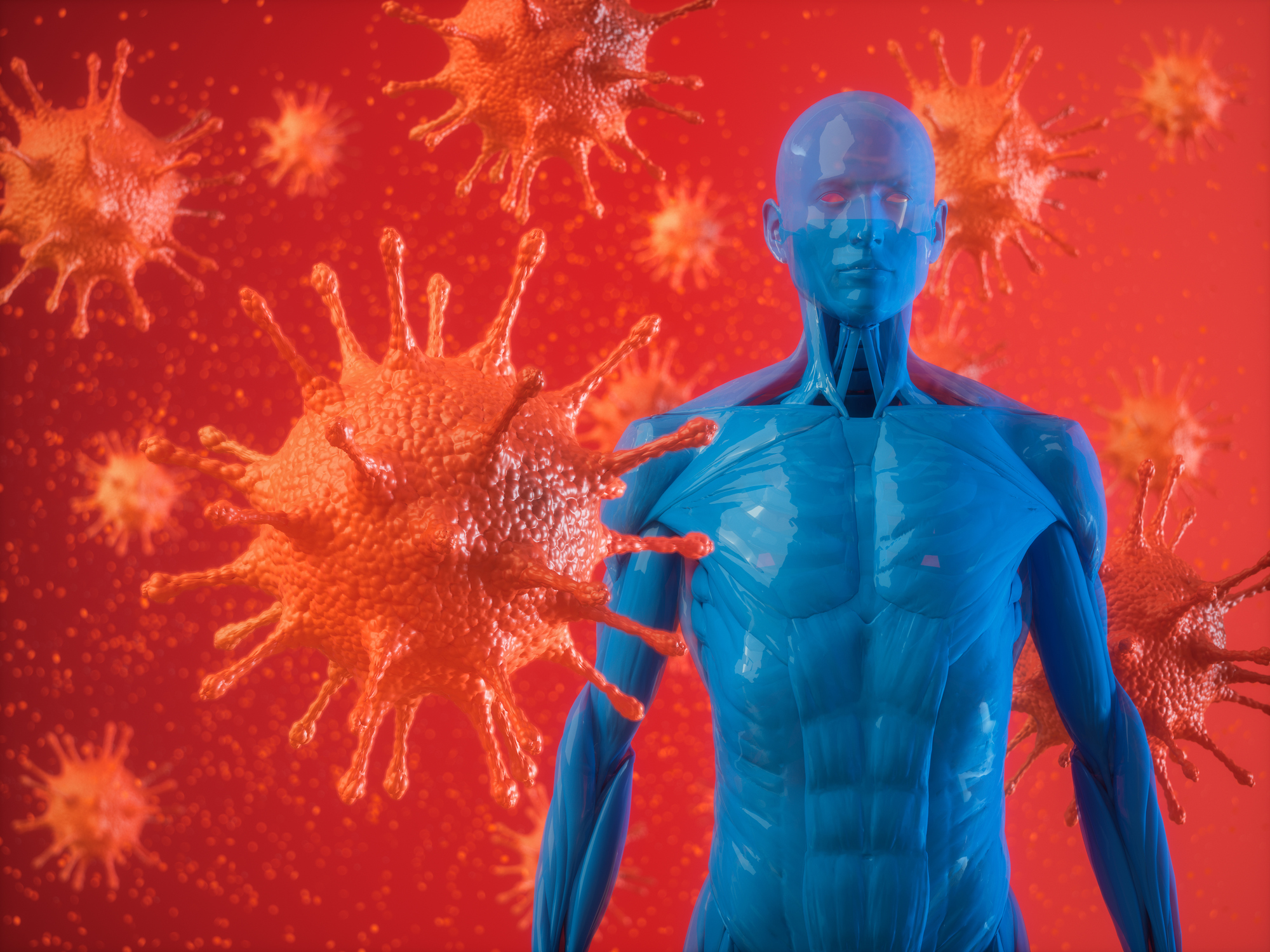In a groundbreaking study, researchers at the University Hospital Bonn (UKB) and the University of Bonn have uncovered a new mechanism in the body’s immune defense system.
The findings, published in the prestigious journal EMBO Molecular Medicine, reveal that platelets play a crucial role in enhancing the inflammatory capabilities of monocytes, a type of white blood cell.
Monocytes are known to produce cytokines, inflammatory messengers essential for an effective immune response. However, the study shows that their interaction with platelets, also known as thrombocytes, significantly boosts this inflammatory potential.
“Understanding how monocyte functions are regulated is crucial,” said Professor Bernardo Franklin, senior author of the study and researcher at the Institute of Innate Immunity at UKB. “Abnormal monocyte activity can lead to severe inflammation or even life-threatening cytokine storms, while impaired function can result in ‘immune paralysis,’ increasing susceptibility to infections.”
The research team discovered that a low platelet count, whether due to the rare blood disorder immune thrombocytopenia (ITP) or artificial removal, results in a state of immunoparalysis characterized by a disturbed cytokine reaction. Remarkably, this condition can be reversed by supplementing monocytes with fresh platelets.
Dr. Ibrahim Hawwari, a postdoctoral fellow and co-first author of the study, said, “We found that pro-inflammatory signals propagate from platelets to monocytes, maintaining their inflammatory capacity.” The team also identified platelet vesicles as key mediators in this intercellular communication.
These findings open up new possibilities for therapeutic strategies to counteract monocyte immune paralysis in conditions such as ITP and other inflammatory diseases.
The researchers hope that a deeper understanding of platelet-monocyte interactions will lead to improved treatments for immune disorders and related diseases.
The study’s results will be featured on the cover of EMBO Molecular Medicine’s August edition, highlighting the significance of this discovery in the field of immunology.
(Inputs from ANI)




















